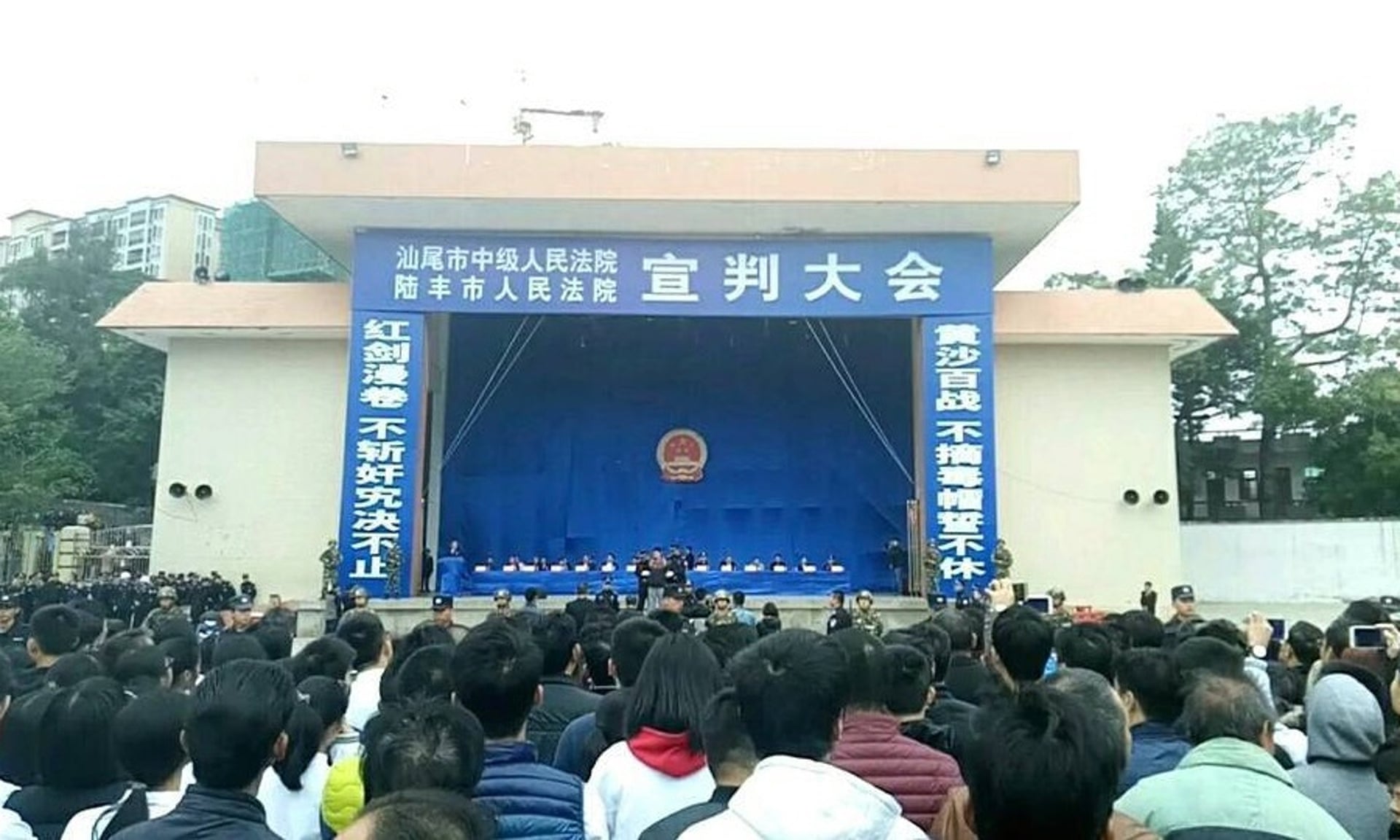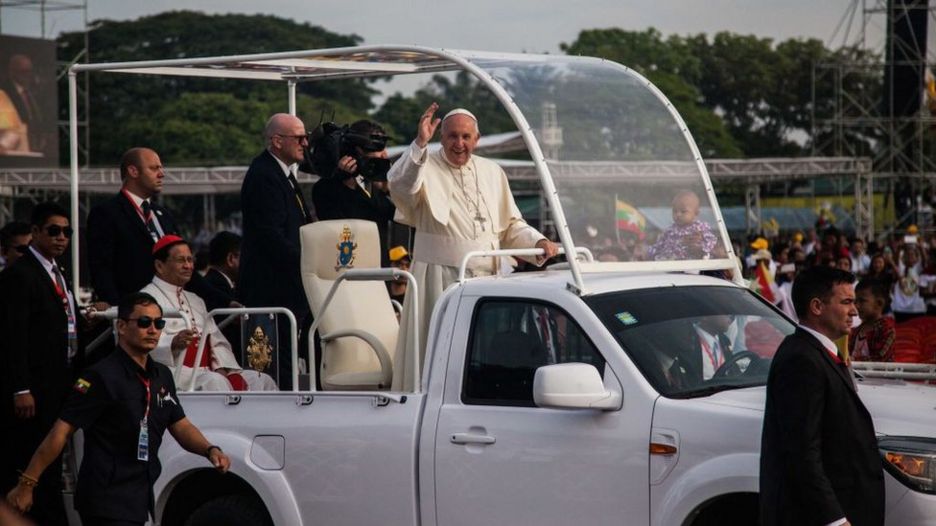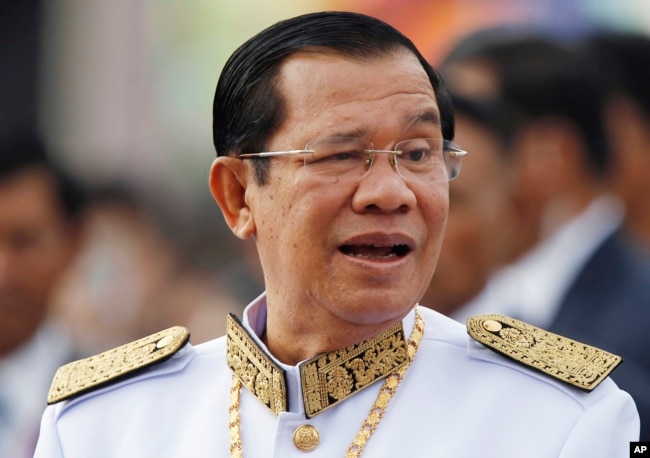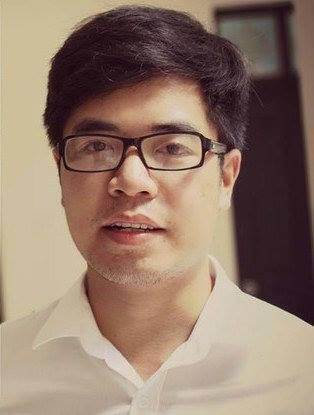By: Katherine Hewitt
Impunity Watch Reporter, Asia
BISHKEK, Kyrgyzstan – Central Asia is known for its repressive regimes, yet Kyrgyzstan stands out with its partnerships that promote democracy. Even being labeled a “Partner for Democracy” and holding elections in 2017, the country still has a ways to go to improve democracy and human rights.
The closing of an independent national television station, NTS, is another act in the long list of media freedom violations that have occurred in 2017. The station was closed late in the year, on the 19th of December. A court order froze NTS’s property and court officers raided the station. The order reads that all “properties, assets, equipment and everything else must be seized.” The officials registering the equipment stated that they did not intend to interrupt broadcasting, and the show did continue with its normal broadcast.

In the meantime with NTS is off the air, Jalbyrak is available online. It’s a new Internet TV Channel company officials launched in the aftermath. As of the 21st of December, some programs of NTS are allowed to continue broadcasting.
The Director-General Jainak Usen plans to challenge the court ruling. The Supreme Court officials have also stated that they are looking into the court order against NTS as the Prosecutor-General’s Office, the Interior Ministry, and the State Committee for National Security say they have no information on the freezing of NTS’s assets and equipment.
The court decision comes after a lawsuit filed by Grexton Capital LTD and Ayant LLC against NTS.
NTS happens to be owned by the opposition runner-up from the 2017 presidential elections in Kyrgyzstan, Omurbek Babanov. Shortly after the election, there was an investigation into his campaign election as it is reported that he stirred up ethnic tensions. Babanov has since left the country and his location is not known.
Additionally, a sister radio station to NTS closed in November as a result of authorities not renewing their license to broadcast.
For more information, please see:
Human Rights Watch – Another Blow to Media Freedom in Kyrgyzstan – 20 December 2017
bne – Kyrgyz court officials raid election runner-up Babanov’s TV station – 21 December 2017



